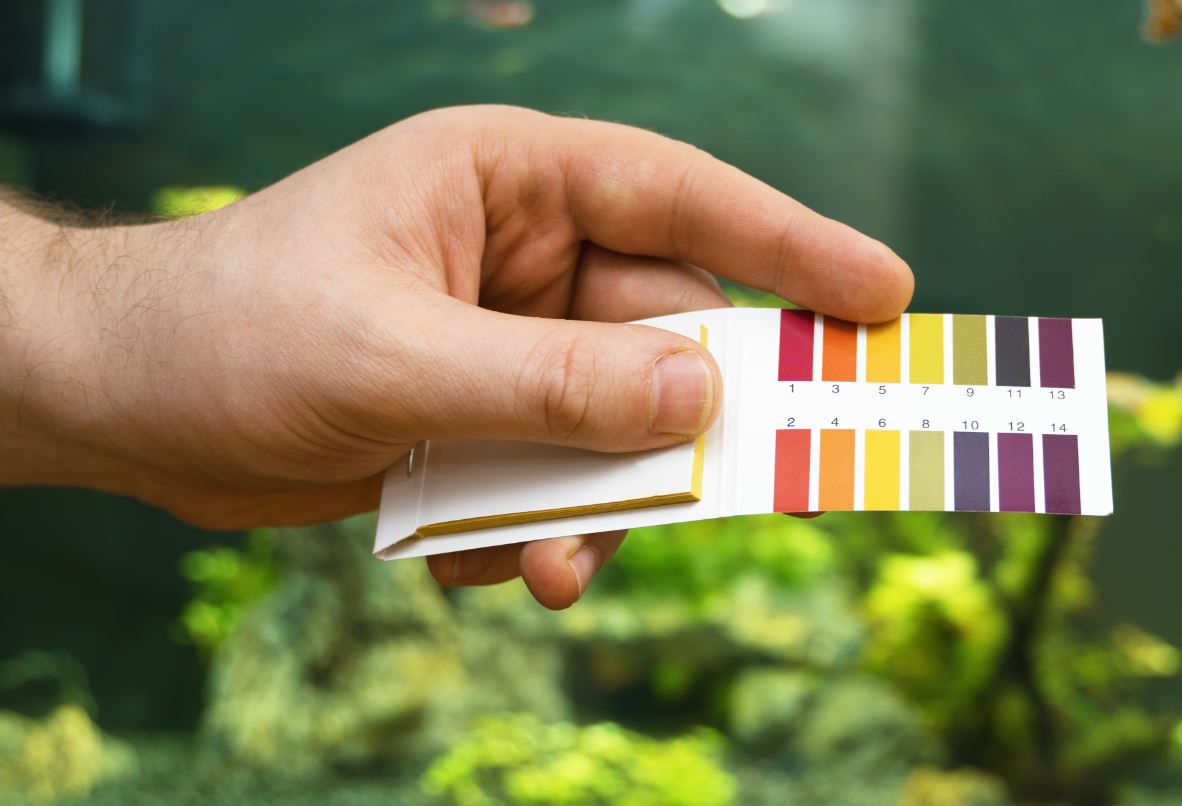How do I test my aquarium water?
The health of any aquatic animal is limited by the quality of the water in which it lives but how do you go about finding out more about this complex (but rather watery) soup that is home to your pets?
As water testing is the cornerstone of good fish keeping, a range of products are available to make this job as easy as possible. For most community aquaria, the 'big three' are ammonia, nitrite and nitrate. Other parameters such as pH and hardness are useful to know but unlikely to change without manipulation, so can be monitored less frequently. For applications like these, the dip strip format can be a quick way to get an idea of what's happening but they can be a little less precise than their liquid alternatives. For the hobbyist working with more sensitive species, a good range of liquid kits should be considered essential. Electronic meters are the norm for testing parameters such as TDS, conductivity and temperature but are rare in other applications. Your local Maidenhead Aquatics can show you a range of options to suit your needs.
Hardness has an effect on a few other parameters and needs monitoring. In softwater areas, or for systems running on RO water, carbonate hardness (KH) may need manipulating. Low KH leads to reduced filter efficiency and fluctuations in pH.
Regardless of how scientific your testing equipment is, there are some guidelines to be followed. In the case of investigating health problems, remember that the presence of dead fish can contaminate a sample very rapidly. In planted tanks or ponds with prolific algae growth, pH and oxygen levels can swing dramatically thanks to the action of photosynthesis, so samples should be taken at either end of a day/night cycle. Water travelling through a mature filter can be expected to exhibit a drop in oxygen levels and both ammonia and nitrite, so in some systems it can be crucial to take a sample from a more typical part of the aquarium or pond.
A good test kit should be viewed as a vital piece of equipment in exactly the same way as a heater or filter. Although it may seem initially like an avoidable expense, using a test kit will save you money by helping you avoid health issues. It also allows you to focus on any specific issues identified and even tailor a maintenance regime that reflects the individuality of your aquarium and its residents. Familiarity may bring a sense for when things are running right, but when things go wrong your test kit should be the first piece of equipment you reach for.
Check out our wide range of kits, available online and in store here.



